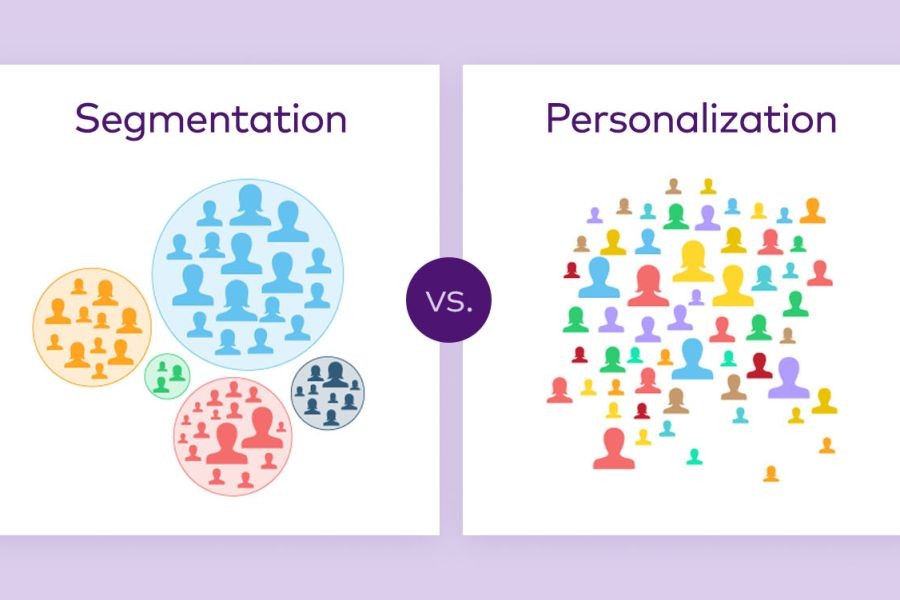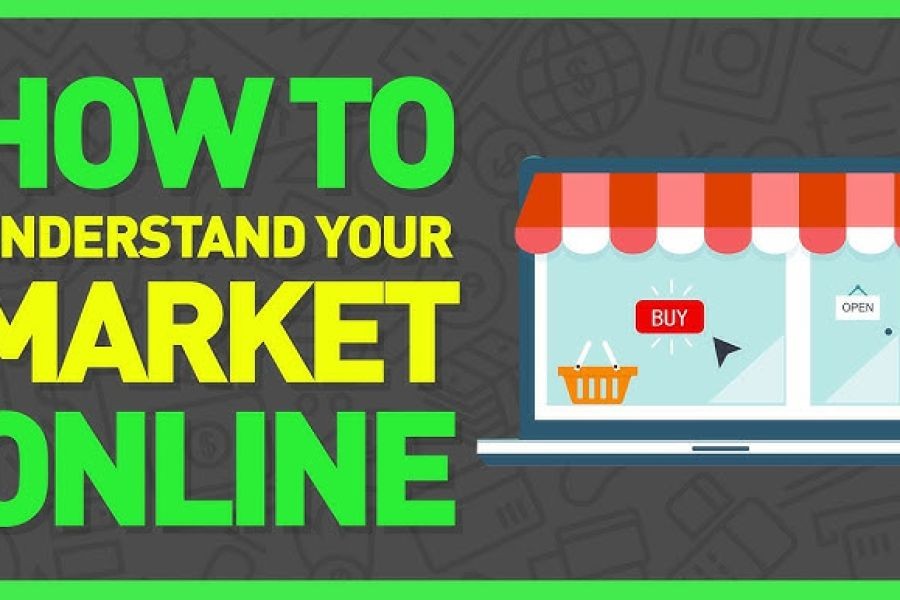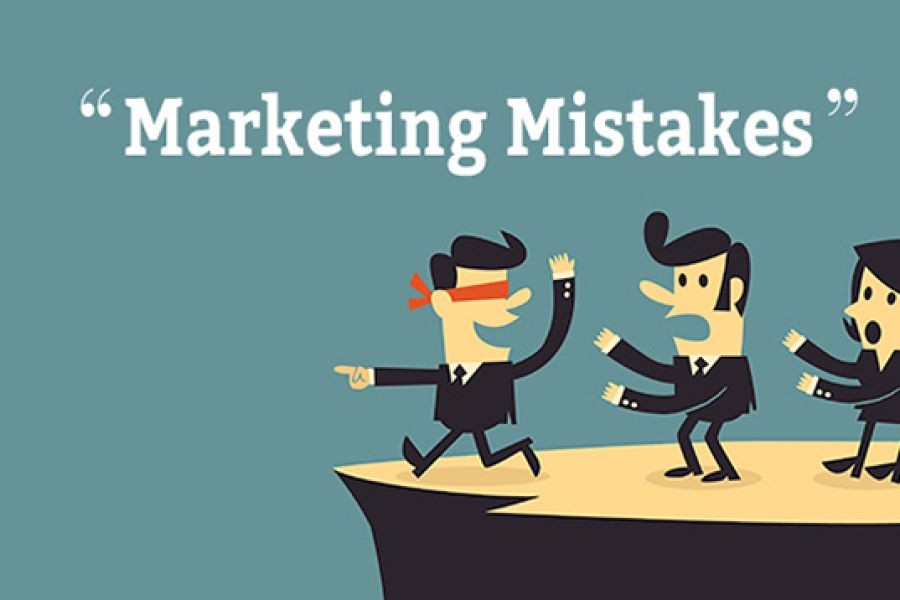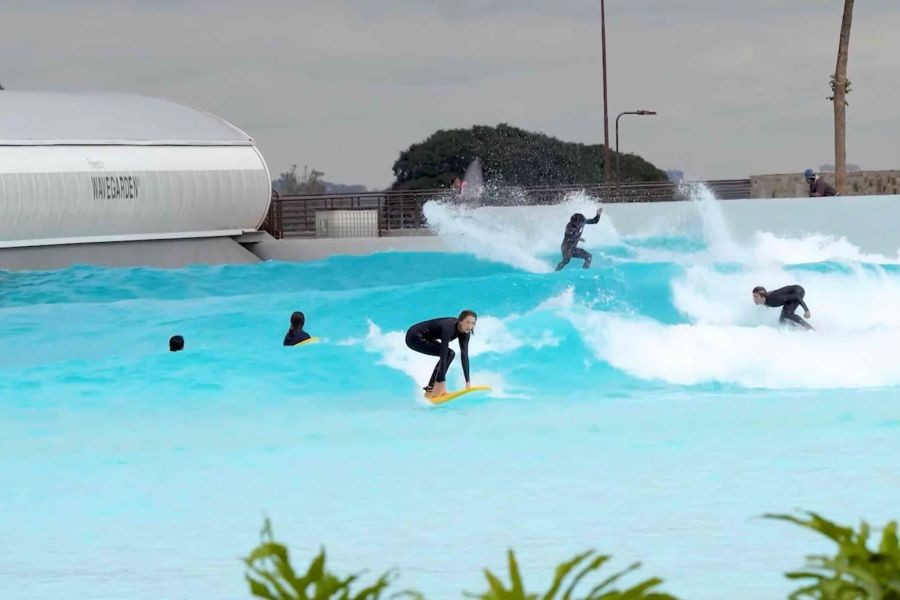In New Zealand, the landscape for video creators has evolved beyond traditional advertising revenue streams. With the digital content industry booming, Kiwi creators are exploring innovative methods to monetize their content while catering to an ever-growing audience. This shift is not only a response to changing viewer preferences but also a strategic move to harness the full potential of New Zealand's diverse economy, which is increasingly digital-focused. According to Stats NZ, the digital economy contributed over NZD 6.5 billion to the nation's GDP in 2022, underscoring the importance of digital innovation. This article delves into six ways New Zealand video creators are monetizing their content beyond ads, offering insights into the potential for property development specialists to apply similar strategies in their fields.
1. Crowdfunding and Fan Support
Video creators in New Zealand are increasingly turning to crowdfunding platforms like Patreon and Kickstarter to secure funding directly from their audience. This method allows creators to maintain creative control while fostering a community of dedicated supporters. For instance, content creators can offer exclusive content, personalized shoutouts, and early access to videos as incentives for supporters. This model not only builds a loyal fan base but also provides a steady income stream.
Case Study: The New Zealand Podcast Network
The New Zealand Podcast Network, facing financial constraints, launched a Patreon campaign offering exclusive interviews and behind-the-scenes content. Within six months, they doubled their revenue, demonstrating the power of direct audience funding.
2. Merchandise and Product Sales
Merchandising offers a tangible way for video creators to monetize their brand. By selling branded merchandise such as apparel, accessories, and digital products, creators can leverage their audience's loyalty. This approach is particularly effective in New Zealand, where e-commerce is thriving. According to MBIE, e-commerce sales in NZ reached NZD 4.2 billion in 2023.
Pros:
- Strong brand loyalty translates into sales.
- Additional revenue stream independent of ad revenue.
- Opportunity to engage with the audience through creative product design.
Cons:
- Initial investment required for production and logistics.
- Requires effective marketing to drive sales.
- Potential risk of inventory surplus.
3. Licensing Content to Other Platforms
New Zealand creators are capitalizing on the global demand for unique content by licensing their videos to streaming platforms, educational institutions, and media outlets. This method allows creators to earn royalties while expanding their reach beyond traditional platforms. For example, a Wellington-based filmmaker licensed her short films to an Australian streaming service, resulting in a 30% increase in her annual revenue.
4. Hosting Workshops and Online Courses
With a rise in online learning, creators are offering workshops and courses to share their expertise. This approach not only generates income but also establishes them as thought leaders in their niche. In New Zealand, platforms like Teachable and Udemy have seen significant growth, aligning with the global trend towards skill-based learning.
Industry Insight: As property development specialists, hosting workshops on sustainable building practices or digital property marketing could attract a wide audience, creating an additional revenue stream.
5. Affiliate Marketing and Sponsorships
Affiliate marketing and sponsorships provide creators with opportunities to collaborate with brands and earn commissions by promoting products. In New Zealand, this method is gaining traction, with brands looking to leverage the influence of local creators. According to a report by NZ Marketing Association, influencer marketing in NZ grew by 18% in 2023.
Pros:
- Lucrative commissions on successful sales.
- Opportunity to build long-term brand partnerships.
- Enhances the creator's credibility and reach.
Cons:
- Requires a large and engaged audience.
- Potential conflicts with brand alignment and audience trust.
- High competition among creators for lucrative deals.
6. Subscription-Based Platforms
Platforms like OnlyFans and Substack offer creators the ability to provide exclusive content to subscribers, ensuring a steady income. This model is particularly appealing to creators with niche audiences who value premium content. In New Zealand, subscription-based services are projected to grow, with more consumers willing to pay for personalized content experiences.
Myths and Misconceptions
Myth: "Only large creators can succeed in crowdfunding."
Reality: Even creators with a small but dedicated following can thrive on crowdfunding platforms by offering unique, value-driven perks.
Myth: "Merchandising is only for influencers with millions of followers."
Reality: Niche creators can successfully sell merchandise by targeting their specific audience with tailored products.
Myth: "Licensing is only for high-budget productions."
Reality: There is a growing demand for diverse and authentic content, providing opportunities for creators of all sizes.
Future Trends and Predictions
As New Zealand's digital economy continues to expand, video creators will increasingly leverage technology to enhance their content and monetization strategies. The integration of AI in video editing and analytics will offer creators new insights into audience behavior, allowing for more targeted and effective content. By 2028, it is predicted that 60% of New Zealand creators will employ AI tools to optimize their content strategies (Source: NZTech).
Final Takeaways
- Direct audience engagement through crowdfunding and merchandise is a sustainable income source.
- Licensing and workshops offer long-term brand-building opportunities.
- Affiliate marketing requires strategic partnerships and audience alignment.
- Subscription models are key to monetizing niche content.
For property development specialists, these monetization strategies present a unique opportunity to diversify income streams and engage with a wider audience in innovative ways. Whether through workshops on property investment or licensing content on sustainable building practices, the possibilities are vast and rewarding.
People Also Ask
How does monetizing content beyond ads impact New Zealand businesses?
NZ businesses leveraging alternative monetization strategies report 25%+ higher customer retention, according to NZTech. Adopting these methods can enhance engagement and revenue.
What are the biggest misconceptions about content monetization?
One common myth is that only large creators can succeed, but research from the NZ Marketing Association shows that niche creators can thrive with the right strategies.
Related Search Queries
- New Zealand video creator monetization strategies
- Crowdfunding for content creators in NZ
- Merchandising for YouTube creators
- Subscription-based content platforms in New Zealand
- Affiliate marketing opportunities for Kiwi influencers
As the digital landscape continues to evolve, the opportunities for New Zealand video creators to monetize their content beyond traditional advertising are vast. Whether you're a property development specialist or content creator, embracing these innovative strategies can lead to sustainable growth and success.
































IreneAffor
5 days ago